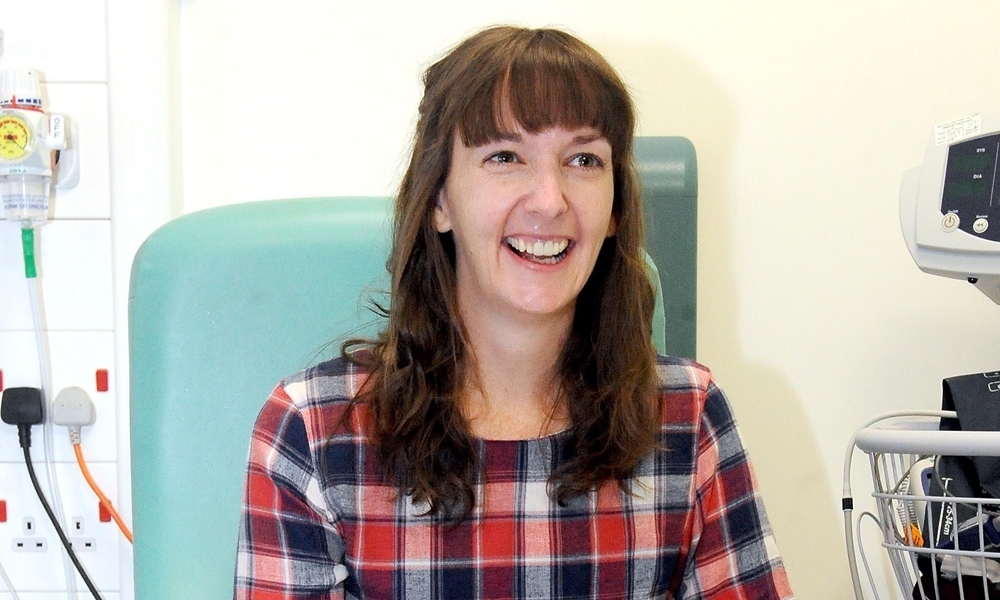A nurse who contracted Ebola in Sierra Leone is being treated for an “unusual late complication” of the infection.
Pauline Cafferkey, who is originally from Fife, has been flown from Glasgow to an isolation unit at the Royal Free Hospital in Hampstead, north-west London.
She was transported in a military aircraft under supervision. People who have been in close contact with her are being monitored by Scottish health authorities as a precaution.
A statement from the Royal Free said: “We can confirm that Pauline Cafferkey was transferred from the Queen Elizabeth University Hospital in Glasgow to the Royal Free London hospital in the early hours of this morning due to an unusual late complication of her previous infection by the Ebola virus.
“She will now be treated in isolation in the hospital’s high-level isolation unit under nationally agreed guidelines.
“The Ebola virus can only be transmitted by direct contact with the blood or bodily fluids of an infected person while they are symptomatic, so the risk to the general public remains low and the NHS has well-established and practised infection control procedures in place.”
Professor Paul Cosford, medical director at Public Health England (PHE), said: “She was transported in a military aircraft under the supervision of experts.
“The Scottish health authorities will be following up on a small number of close contacts of Pauline’s as a precaution.”
Ms Cafferkey was diagnosed with Ebola in December after returning to Glasgow from Sierra Leone, via London.
She spent almost a month in an isolation unit at the Royal Free Hospital at the beginning of the year.
A statement from NHS Greater Glasgow and Clyde said Ms Cafferkey was admittedto the Queen Elizabeth University Hospital in Glasgow on Tuesday after feelingunwell.
During this time she was treated in the infectious diseases unit, it said.
Director of public health Dr Emilia Crighton said: “Pauline’s condition is a complication of previous infection with the Ebola virus.
“The risk to the public is very low. In line with normal procedures in cases such as this, we have identified a small number of close contacts of Pauline’s that we will be following up as a precaution.”
Ms Cafferkey, who is from South Lanarkshire, won an award at the the Pride of Britain Awards in central London on September 28.
She met the Prime Minister’s wife Samantha Cameron the following day at Downing Street, alongside other winners.
The Daily Mirror awards recognise courage and achievement against the odds, with nominees voted by members of the public.
Following her diagnosis, Ms Cafferkey received an experimental anti-viral drug and blood from survivors of the Ebola disease.
She was in a critical condition for two weeks and was discharged from the Royal Free in late January.
She admitted afterwards that she had felt like “giving up” as her condition became critical.
The disease has no known cure and is unpredictable.
The most recent outbreak of Ebola mainly affected three countries in West Africa: Guinea, Liberia and Sierra Leone.
More than 28,000 cases and more than 11,000 deaths have been reported by the World Health Organisation.
